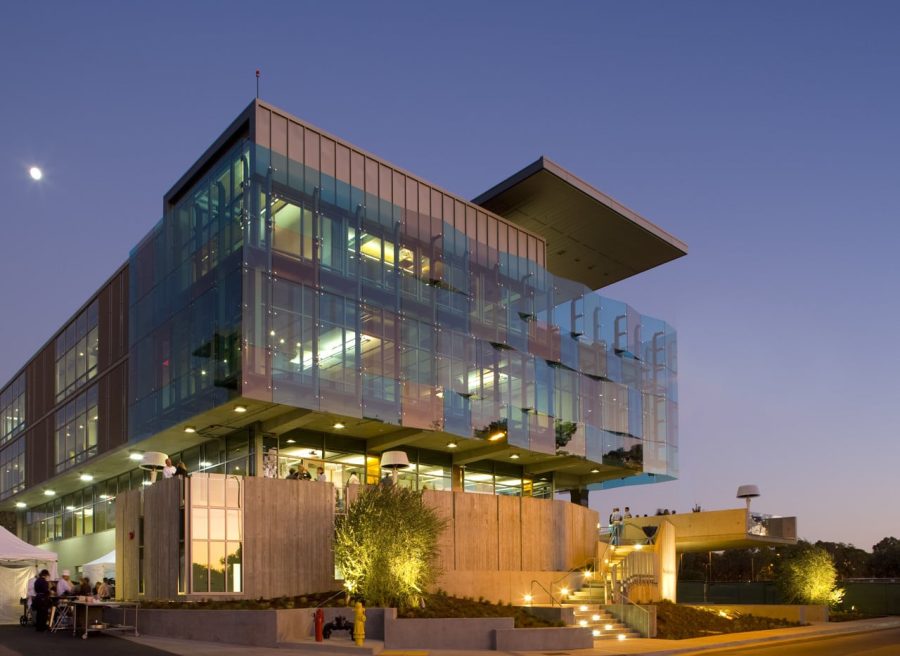While dining with my friend at the Bistro this past month, our waiter looked longingly upon our meals and said, “That was my favorite dish; I used to have it all the time when they let me eat here for free.” My friend and I exchanged bewildered glances and I asked why she was not able to have a free meal, when the first thing that every HDH flyer I have seen posted around the University advertised a “free meal” when working for HDH. She reciprocated our confusion. This was the impression I received after speaking to a couple more waiters and waitresses as well as the assistant manager of the Bistro. They all knew that they were not allowed to eat prerequisite meals, or even discounted meals anymore, but did not know why or what brought along this sudden end to one of their best benefits.
HDH — Housing, Dining and Hospitality — currently has two on-campus restaurants that simulate any normal dining establishment, except two important details; tips are prohibited, and, as of 2017, employees at each restaurant must “Perq” at a separate dining establishment. A “Perq” is defined on HDH job advertisements as a “free meal” when in actuality it is a $10 benefit given to students each shift they complete. It has been regulated to cover an entree and two sides and any additional costs must be covered by the students. However, the Bistro and 64 North are the only two dining establishments that are excluded from this benefits program, and students employed by each establishment must Perq at other dining services in their vicinity. So, Bistro employees can Perq at Cafe Ventanas and with certain items from the Market. This system is replicated throughout the other colleges at their corresponding dining halls and markets.
Allowing a prerequisite meal at the dining halls where each respective student is employed is a logical benefit to work at HDH, but a problem arises when HDH begins to misinform employees, entertain ambiguous ideas, and operate under an inconsistent business model.
After interviewing multiple employees from HDH, the higher I climbed up the organizational chain, the information I received became less obscure and more specific and reliable. Even the assistant manager at the Bistro provided me with information contradicted by HDH directors Jason Andrews and Ralph Duaphin. While the assistant manager blamed the high prices of Bistro meals to cause the new ‘no in-house Perq meal’ policy, Andrews and Duaphin attributed it to the lack of designated break areas in each restaurant establishment.
According to Andrews and Duaphin, when students took their breaks and ate their free meals, they took away a potential seat that could have been sold to a paying customer. During the summer, HDH revisited this matter and concluded that restaurant employees were prohibited from taking breaks inside each establishment and must instead walk to another dining hall and make it back in time, all in the span of 30 minutes.
I asked Andrews and Duaphin if there could be an opportunity to create a designated employee break room, to which Andrews considered a possibility but refrained from speaking hypothetically. If the solution to re-instituting the in-house Perq meal at restaurant establishments is as easy as instituting an employee break room, then HDH should consider it a possibility if enough employees request it. However, did HDH purposely refrain from informing workers to prevent this type of reaction and the possibility of a such a request?
HDH should encourage a collaborative network amongst employers and the employees to ensure worker satisfaction. Student employees should be treated with the same level of professionalism as non-student employees instead of capitalising off their obliviousness. If a new policy is unpopular amongst workers, it would benefit HDH to withhold certain details to limit any employee dissatisfaction. Therefore, HDH would not need to be compelled to revise a policy that might directly benefit them, but not the employees. In this case, if HDH restaurant employees knew that restoring their in house Perq benefits was as simple as requesting for an employee break room, then they might have requested one a long time ago; since they were oblivious to the new policy revision, HDH did not have to take action and was able to convince employees to follow the new policy.
It is unacceptable to withhold information that deals directly with employee affairs. It leads me to wonder what other vital information HDH is choosing to not disclose to their workers. If Andrews and Duaphin communicate my concerns to their supervisors it could impel HDH to reconsider their workplace practices and blatant misconduct. Their first priority should be to improve their communication amongst employees by holding weekly meetings and continuously updating employees on policy revisions. HDH should also avoid ambiguous marketing techniques by revising the wording in their advertisements, so students are not misled into believing they will receive a free meal with every shift. Finally, HDH should work on their consistency in relation to new policies, which Andrews and Duaphin both agree is one of their biggest obstacles to overcome.


















